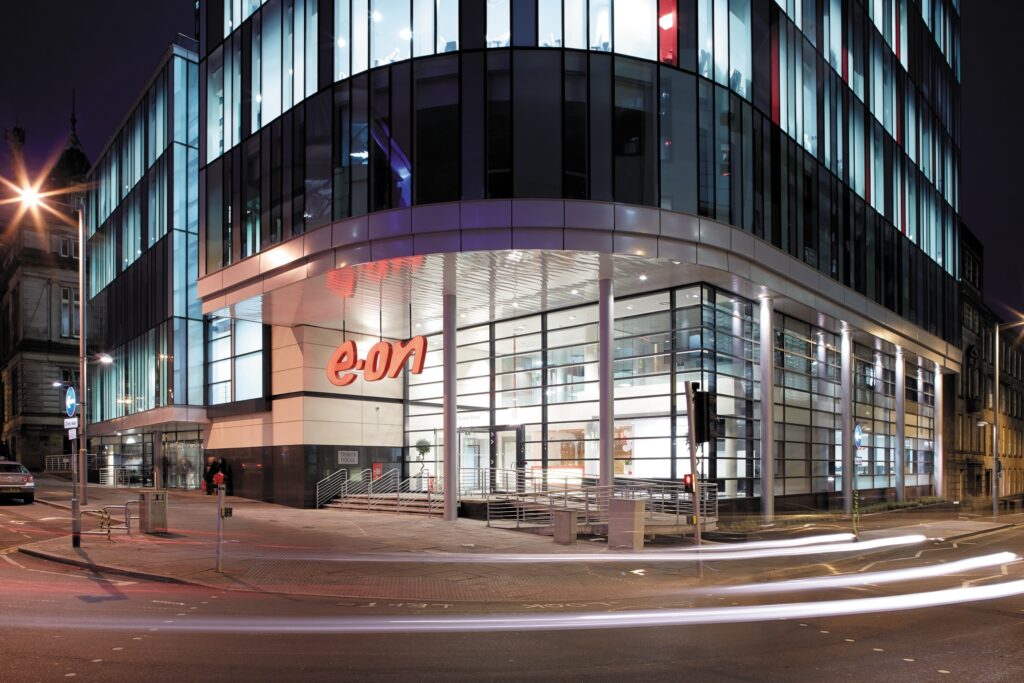E.ON’s UK business has returned to profitability after shifting all npower customers to the Kraken-powered E.ON Next customer service platform.
Overall, the company has seen its EBIT soar 14% to €1.7 billion (£1.5 billion) and its adjusted net income jump 19% to €809 million in the first quarter of 2021. This is largely due to earnings at the Customer Solutions segment, which improved by just under €300 million compared to the previous year due to a weather-related increase in gas sales volume as well as the successful restructuring in the UK.
The transfer of the npower customers to E.ON Next took place in the space of a year, and followed E.ON acquiring npower in 2019. This led to 4,500 job losses and a 3% year-on-year drop in income in Q3 of that year, before the company later saw its adjusted net income grow to €691 million and its adjusted EBIT for Customer Solutions grow by €75 million year-on-year in Q1 2020. This was almost entirely due to innogy – which included npower – being included for the first time.
Following its Q1 2021 results, the company is confident it will achieve its target of surpassing £100 million in earnings this financial year, one year earlier than planned.
It also expects to achieve its adjusted EBITDA target of €7.2 to €7.5 billion and its adjusted EBIT target of €3.8 to €4 billion for the 2021 financial year.
For Q1, it recorded economic net debt of roughly €40.8 billion, which is mostly unchanged from the 2020 financial year. This was helped by a €1.7 billion decline in provisions for pensions relative to year-end 2020 due to an increase in actuarial discount rates.
Operating cash flow for Q1 was negative due to seasonal factors, according to the company. In its sales business with residential customers, high energy consumption in the winter led to a negative cash balance in Q1 due to cash inflow from installment payments being spread evenly over the year.
The network business, meanwhile, recorded a temporary increase in working capital. E.ON said that while it transported more energy in Germany due to the colder weather than the year before, the resulting earnings increase was largely offset by an anticipated increase in expenditures for network expansion and upgrades.
Earnings for the company’s non-core business, which consists of its generation business in Turkey and PresussenElektra, were down by roughly €80 million year-on-year. This is partly because of the acquisition of additional residual power output rights for nuclear power stations, as well as earnings at E.ON’s generation joint venture in Turkey being negatively affected by a reduction in hydropower output and adverse currency translation effects.
Marc Spieker, CFO of E.ON, said that the strong operational performance in Q1 of all of its businesses “gives us a lot of confidence for the remainder of the year”, adding that the quarter has been a “successful start” to 2021.





